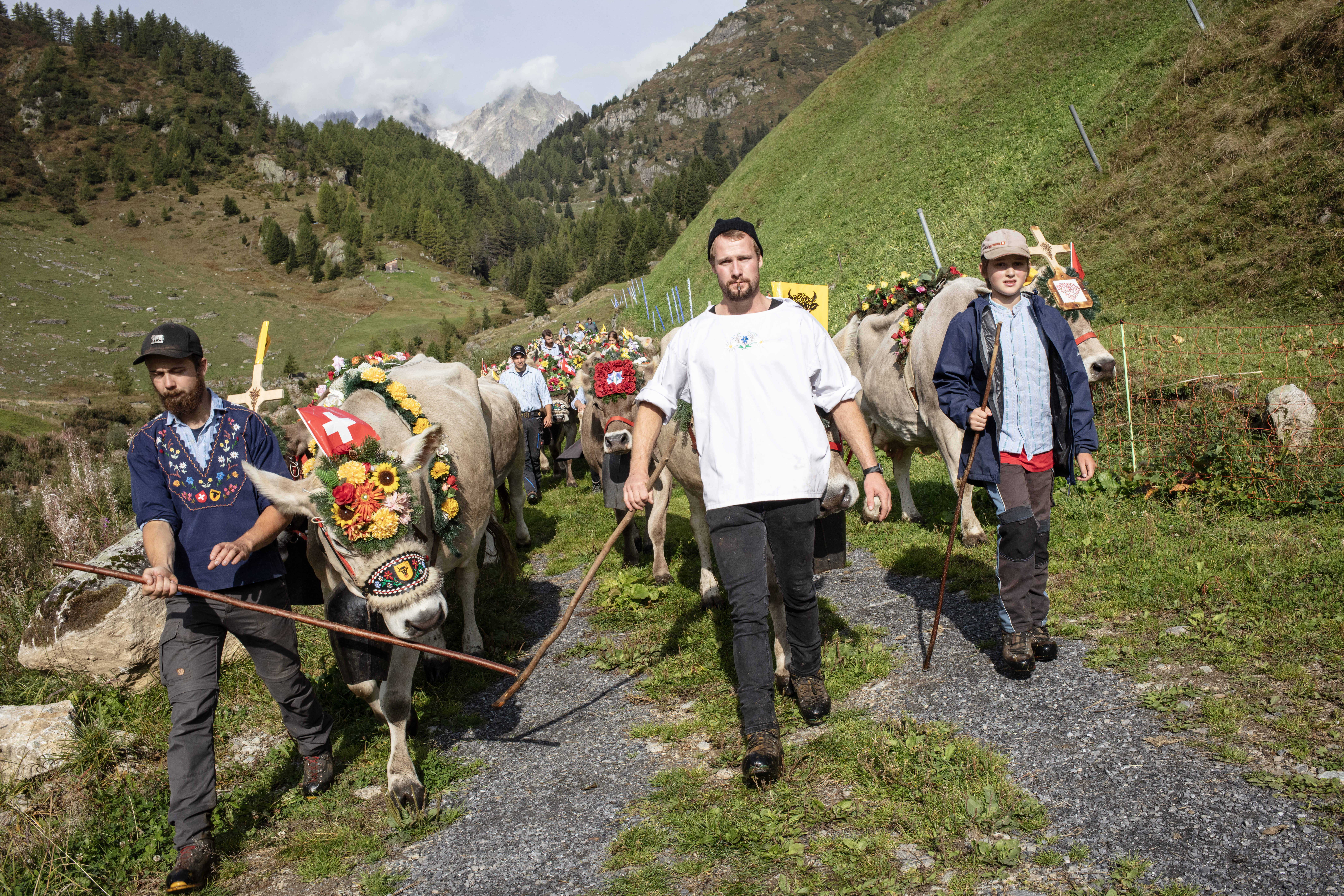
Swiss parents take French drugmaker to court

About a dozen Swiss parents have launched a civil action lawsuit over the prescription of the antiepileptic drug Depakine during pregnancy.
They accuse their neurologists and the French drug manufacturer Sanofi, which produces Depakine, of failing to warn them about the risks to the fetus, according to reports published on Le Matin Dimanche and SonntagsZeitung.
Depakine is still widely used today to treat epilepsy and migraines. Scientists have established that the sodium valproate contained in the drug creates psychomotor, cognitive and mental development disorders in 30 to 40% of cases.
The Swiss expecting mothers were not made aware of these dangers. A warning from agency for therapeutic products, Swissmedic, came to late.
In Switzerland, 39 children have been born with brain damage in connection to Depakine use, according to a report commissioned by the government.
Thierry Buclin, a professor of clinical pharmacology at the University Hospital of Lausanne suspects the actual figure is much higher.
The professors, who was quoted in the media reports, says the government study is incomplete. It does not consider the transgenerational effect of Depakin which has been brought to light by recent scientific studies.
The controversial drug has been authorised in Switzerland since the 1970s. Such side effects were not mentioned in the package leaflet until 2015.
In neighbouring France, as many as 6,500 children have been negatively affected by Depakine. The victims launched a collective action against Sanofi at the end of 2016 to obtain compensation.
The first complaint was made in Switzerland in 2017 by a woman who had been using the drug since adolescence and even had her dosage raised by her neurologist during one of her pregnancies. She gave birth to two children who suffer from severe cognitive disorders and autism.

In compliance with the JTI standards
More: SWI swissinfo.ch certified by the Journalism Trust Initiative






























You can find an overview of ongoing debates with our journalists here . Please join us!
If you want to start a conversation about a topic raised in this article or want to report factual errors, email us at english@swissinfo.ch.